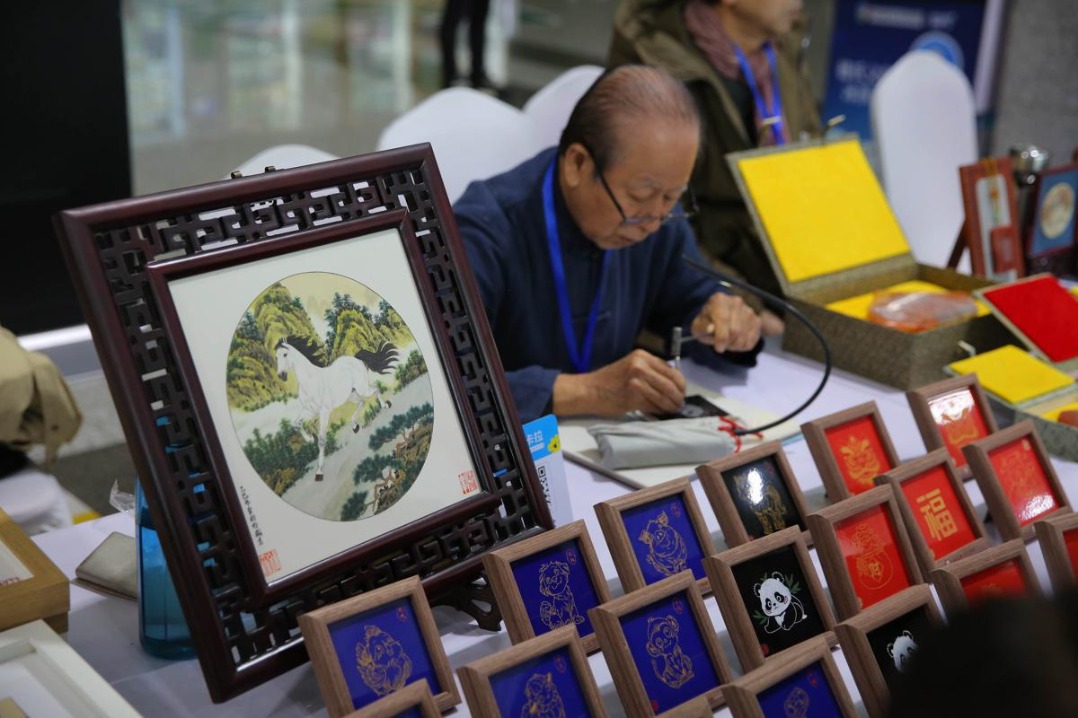Frogs help villagers hop out of poverty in Jiangsu

Editor's Note: A xiaokang society, or a moderately prosperous society, has been the dream of Chinese people for thousands of years. Our reporters travel around the country to cover the arduous efforts being made in order to realize the dream.

Farmer Zhang Maoxing used to frown at the unsold fruits, vegetables and tea that piled up in his yard in Xixiang village, in Suzhou, Jiangsu province. The village had few visitors, so there weren't many people buying his produce.
To sell his goods, he had to travel outside the remote village. It used to take the 62-year-old 90 minutes to climb two hills to reach the center of Dongshan township from his home. When it rained, the dirt roads in the village became so waterlogged that the villagers had to wear rubber boots to wade through mud pits.
Things began to change in 2014, when the village and Dongshan township invited an environmental protection expert from Taiwan to help the locals find a way out of poverty.
Ultimately, it was the 61 types of frogs found in the village, including some very rare ones, that completely changed the villagers' way of life.
The local government invested more than 20 million yuan ($2.8 million) to improve the village's infrastructure. It built new cement roads, repaired dilapidated houses and introduced sewage systems to Xixiang.
"I witnessed how the environment was improved gradually," Zhang said. "Many of the villagers could not believe what we saw. It's like we moved to a completely different village."
In Xixiang, now known as "frog village", visitors can learn about frogs at a museum, hear the amphibians croak in the quiet night and have coffee at a cafe on a frog pond. Frog elements can be noticed almost everywhere in the village.
By running a hotel and selling tea, loquats and bayberries, Zhang's family made more than 350,000 yuan in 2019. His children, who had left home to become migrant workers in other cities, have returned home to help him run the hotel and grow fruit.
Like his children, many young people have returned to the village, which was previously mainly home to older adults and children. Many of them work in the hotels, tea plantations and paddies.
- IP protection for new fields to improve
- Draft rules define premade dishes in consumer interest
- Self-powering pacemaker could last a lifetime
- China intensifies crackdown on misuse of personal data
- China issues new rules classifying online content harmful to minors
- Chinese vice-premier urges efforts to consolidate poverty alleviation achievements




































